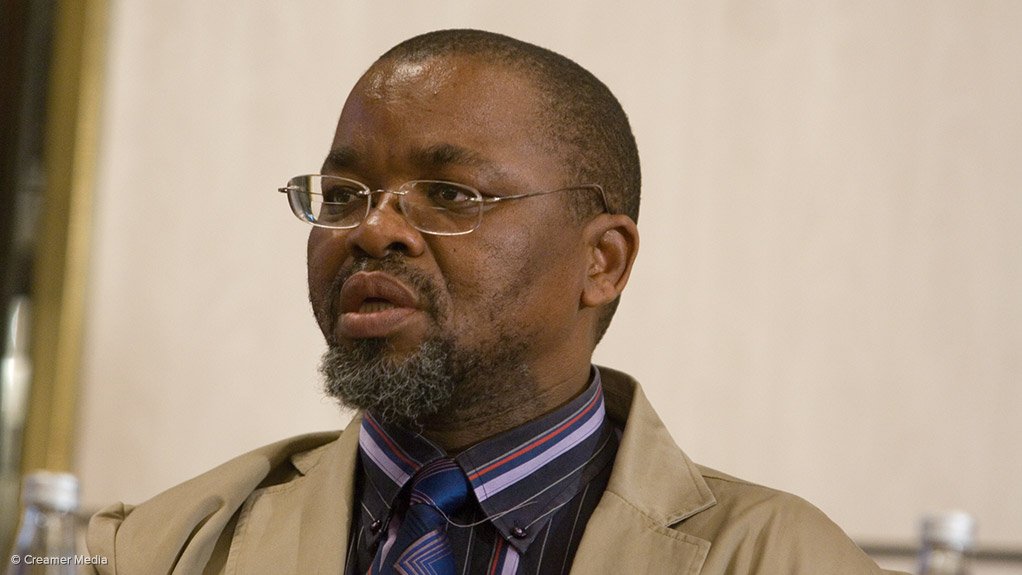Hydraulic fracturing, or fracking, would have to begin in the Karoo to meet South Africa's growing energy needs despite resistance from environmental and other lobby groups, African National Congress secretary general Gwede Mantashe said on Tuesday.
He was speaking at a breakfast meeting of the South African Chamber of Commerce and Industry (Sacci) in Johannesburg.
“We are going to do hydraulic fracturing in the Karoo. I know many people resist it, but it must be done. The US and Canada are doing well in that area, so we need not reinvent the wheel, we must import the technology and access that gas. We need it,” he stated.
He was discussing government’s investment into energy infrastructure, which he described as a catalyst in the country’s economy. “A catalyst has a multiplier effect on other sectors, so we must address the problem of insufficient energy supply,” he said.
He admitted that the Medupi power station should have been completed by now, but that “if one tampers with the critical path on any project, you derail the project over a period of time”, adding that the Medupi, Kusile and Ingula power projects were on their way to addressing the shortages of electricity supply in South Africa.
“The reason we are investing in those power stations, is that once they are complete, we’ll go a long way in addressing the shortages of electricity supply in South Africa.”
He added that the country’s electricity supply issues did not amount to a problem of reduced capacity, but rather that the economic activity of the country had grown faster than the supply. While he admitted that government had started relatively late with electricity generation infrastructure, he was hopeful that the new power stations would catch up.
He also pointed out the benefits of renewable energy contributing to electricity generation.
Other areas the ruling party had identified as catalysts in the economy included transport infrastructure, information and communications technology, and water and sanitation.
Some R840-billion had been invested in infrastructure over the past three years.
SME Ministry
Mantashe also announced the possibility of the establishment of a Small and Medium Enterprises (SME) Ministry. He noted that the Department of Trade and Industry was currently in thrall to industrial trade and industrialisation issues.
“If we can have a standalone Ministry focusing on SMEs, it can also unlock the impact of the institution that should provide funding to those small businesses. It will also be much easier for SMEs and government to engage on important issues affecting the economy,” he said.
“We are hoping that we are going to take a decision that, after May 7, when we announce the Cabinet, someone will be the Minister of Small and Medium Enterprises.
“We believe SMEs need particular attention. They need to know that small is not a destination, it’s a stage in development, and people need to be facilitated out of small to big,” Mantashe concluded.
Sacci, meanwhile, welcomed the proposal to establish a Department of SME Affairs in principle.
"Further engagement between the business community and government on the nature and mandate of the department is necessary. It is essential that it supports SME growth, rather than create an additional bureaucratic layer that will only add to business regulations," said Sacci president Clive Manci.
He added that Sacci would engage government on specific proposals on the nature and mandate of the proposed Department of SME Affairs, the R6.5-billion SME support programme, as well as on infrastructure and technology development and investment spending.
EMAIL THIS ARTICLE SAVE THIS ARTICLE
To subscribe email subscriptions@creamermedia.co.za or click here
To advertise email advertising@creamermedia.co.za or click here











